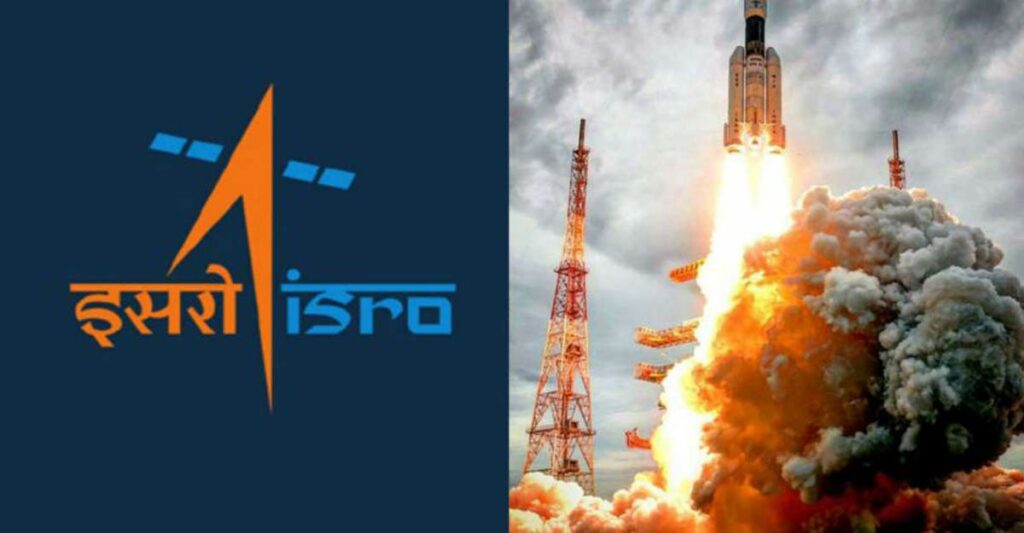NEW DELHI, Feb 14: The Indian Space Research Organisation’s first launch in the current year PSLV C-52 carrying three satellites on board went off early on Monday morning without a glitch.
It was also the first launch under the new ISRO chairman S Somanath. The launch vehicle placed all the three satellites into their intended orbit with precision. The PSLV C-52 was the 54th flight of the PSLV and the 23rd mission using the PSLV-XL configuration.
The success of the launch was crucial for ISRO that had a very muted 2020 with just two launches, one of which – the GSLV- F10 failed after launch. The PSLV C-52 carrying the Earth Observation Satellite, EOS – 04, the INS-2TD, a technology demonstrator from ISRO and the INSPIREsat-1, a student satellite, lifted off at 5.59 a.m from the first launch pad of the Satish Dhawan Space Centre, SHAR, Sriharikota. Around 18 minutes later, the three satellites were separated and placed into their orbits.
“The primary satellite, the EOS – 04 has been put in a precise orbit. The co-passenger satellites have been placed into the right orbit,” Somanath said adding ISRO will be “back with the next launch of PSLV very soon.”
With a mission life of 10 years, the EOS-4, a radar imaging satellite is designed to provide high quality images in all weather conditions for applications such as agriculture, forestry, plantation, flood mapping, soil moisture and hydrology. The satellite will collect earth observation data in C-band and will complement and supplement the data from Resourcesat, Cartosat series and RISAT-2B series, ISRO said.
The INS-2TD is a precursor to the India-Bhutan joint satellite [INS 2-B] and will assess land and water surface temperatures, delineation of crops and forest and thermal inertia.
The INSPIREsat-1 is a student satellite from the Indian Institute of Space Science and Technology in association with the University of Colorado, USA and is aimed at improving the understanding of ionosphere dynamics and the Sun’s coronal heating processes. The Nanyang Technological University, Singapore and the National Central University, Taiwan, were part of the development team of the INSPIREsat.
The Prime Minister Narendra Modi congratulated India’s space scientists on the successful launch of PSLV C52 mission. Modi tweeted, “Congratulations to our space scientists on the successful launch of PSLV C52 mission. EOS-04 satellite will provide high resolution images under all weather conditions for agriculture, forestry and plantations, soil moisture and hydrology as well as flood mapping.”
(Manas Dasgupta)

